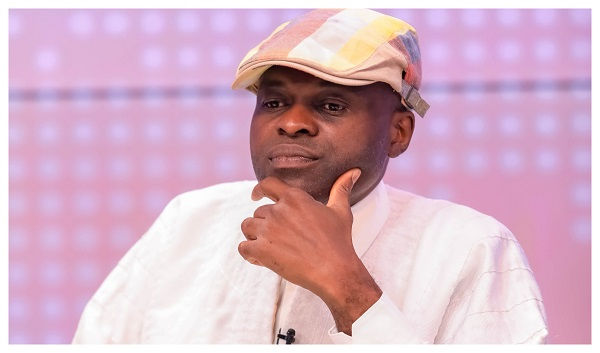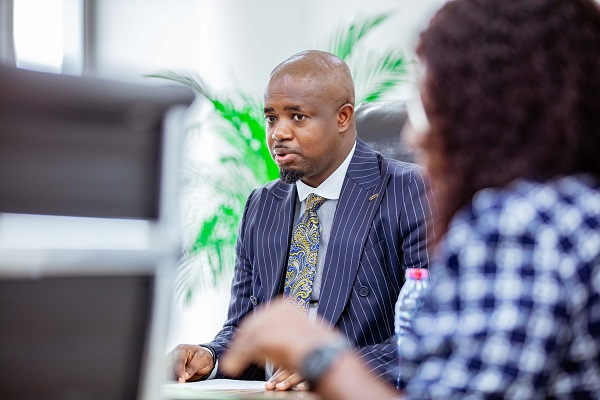Controversy Surrounds Suspended CJ Torkornoo Allegations

Suspended Chief Justice Gertrude Sackey Torkornoo's public criticism of her ongoing impeachment proceedings has ignited a significant debate, drawing strong reactions from legal practitioners, historians, and political figures. Her actions have been widely scrutinized for allegedly disregarding constitutional protocols, particularly Article 146 of the 1992 Constitution.
Legal practitioner Victoria Bright expressed her disappointment, arguing that the Chief Justice's public statements contravened the constitutional mandate for impeachment proceedings to be conducted in camera. Justice Torkornoo had publicly challenged this secrecy, asserting that the allegations against her did not involve national security concerns. However, Bright countered that the constitutional framework should be respected, especially since the panel overseeing the proceedings comprises eminent individuals capable of impartial evaluation. She questioned whether the Chief Justice's public disclosures undermined the integrity of a process designed for fairness, noting that the five-member committee, appointed by the President and including senior justices and non-partisan experts, is the appropriate body to handle such matters.
Beyond the immediate controversy, Victoria Bright also called for a comprehensive review of Article 146 itself. While emphasizing the importance of adhering to the current provisions, she acknowledged practical shortcomings in its operation and urged stakeholders to leverage the ongoing constitutional review process. She stressed the necessity of submitting concerns regarding the article to the relevant review committee for detailed examination and reform, noting that Article 146, which outlines procedures for removing public officers like superior court judges, has long been a subject of public scrutiny due to ambiguities in its implementation.
Adding another layer to the controversy, lawyer and historian Yaw Anokye Frimpong claimed that Chief Justice Torkornoo undermined herself by publicly revealing her familial ties. She disclosed that Major Sam Acquah, a soldier murdered alongside three judges on June 30, 1982, was her uncle. Frimpong further alleged that this disclosure implicitly linked her to Dr. Alex Quaison-Sackey, Nkrumah's Foreign Affairs Minister and her father's brother, whom he accused of betraying Ghana's first President, Osagyefo Dr. Kwame Nkrumah, by accepting money from the CIA, leading to the 1966 coup. This historical narrative was reinforced by President John Dramani Mahama's disclosure at the 68th Independence Day celebration, where he stated that declassified US intelligence documents confirmed CIA involvement in Nkrumah's overthrow.
Justice Torkornoo's concerns also extended to the choice of venue for her hearing, Adu Lodge, which she described as deliberately chosen to intimidate her. She highlighted its prominent role in the planning of the 1981 murders of the three High Court Judges and her uncle, Major Sam Acquah, arguing that the location was intended to make her











